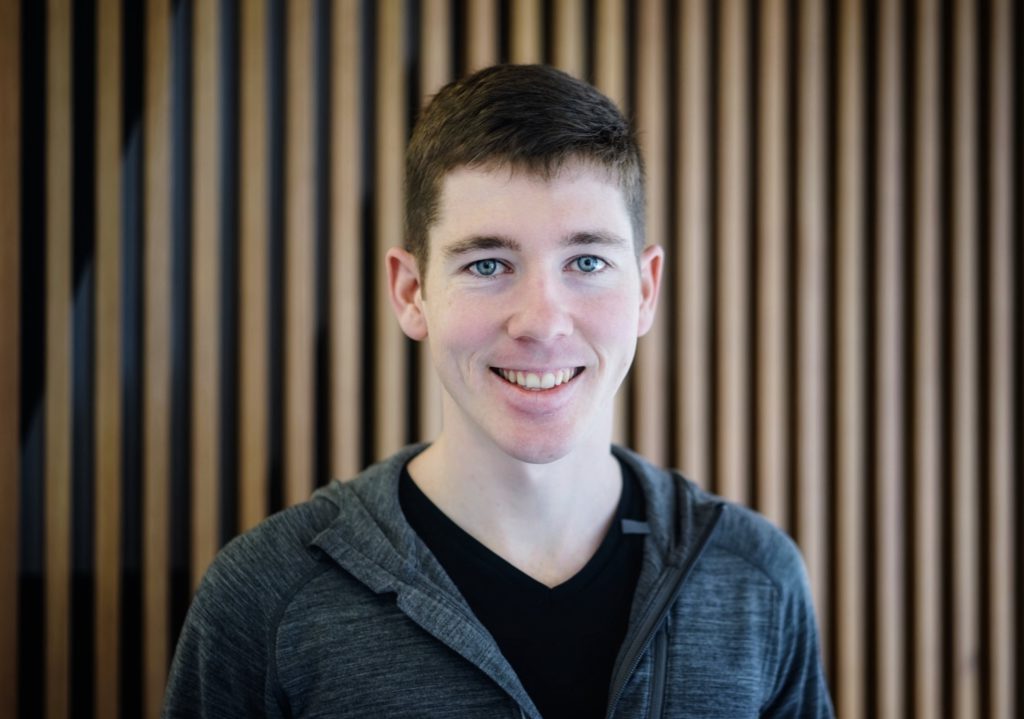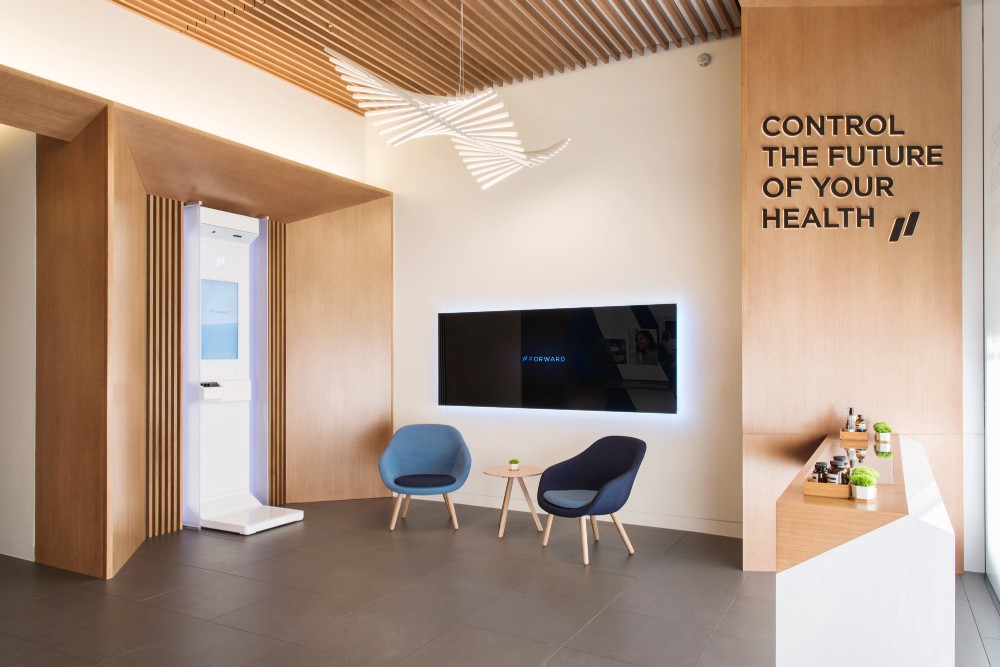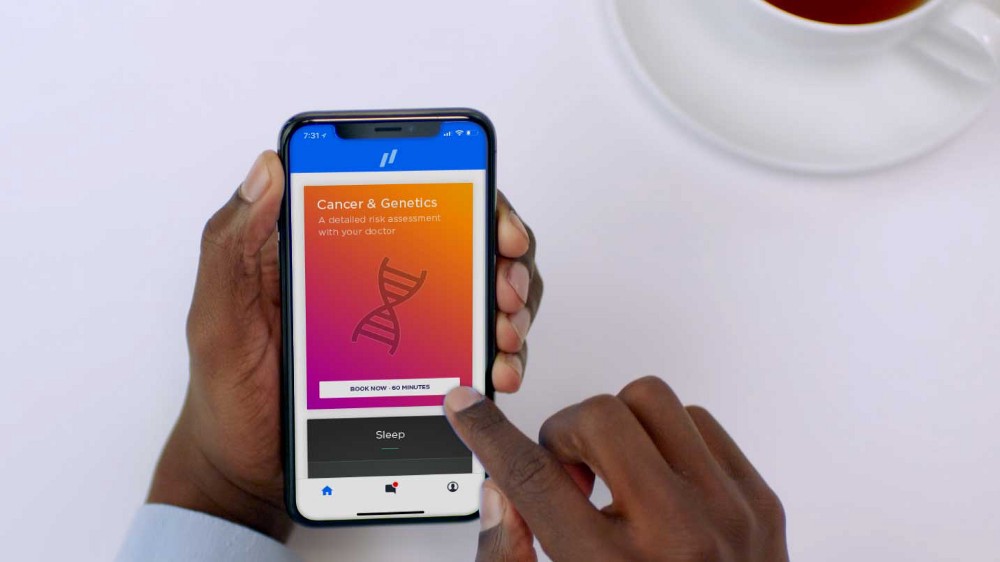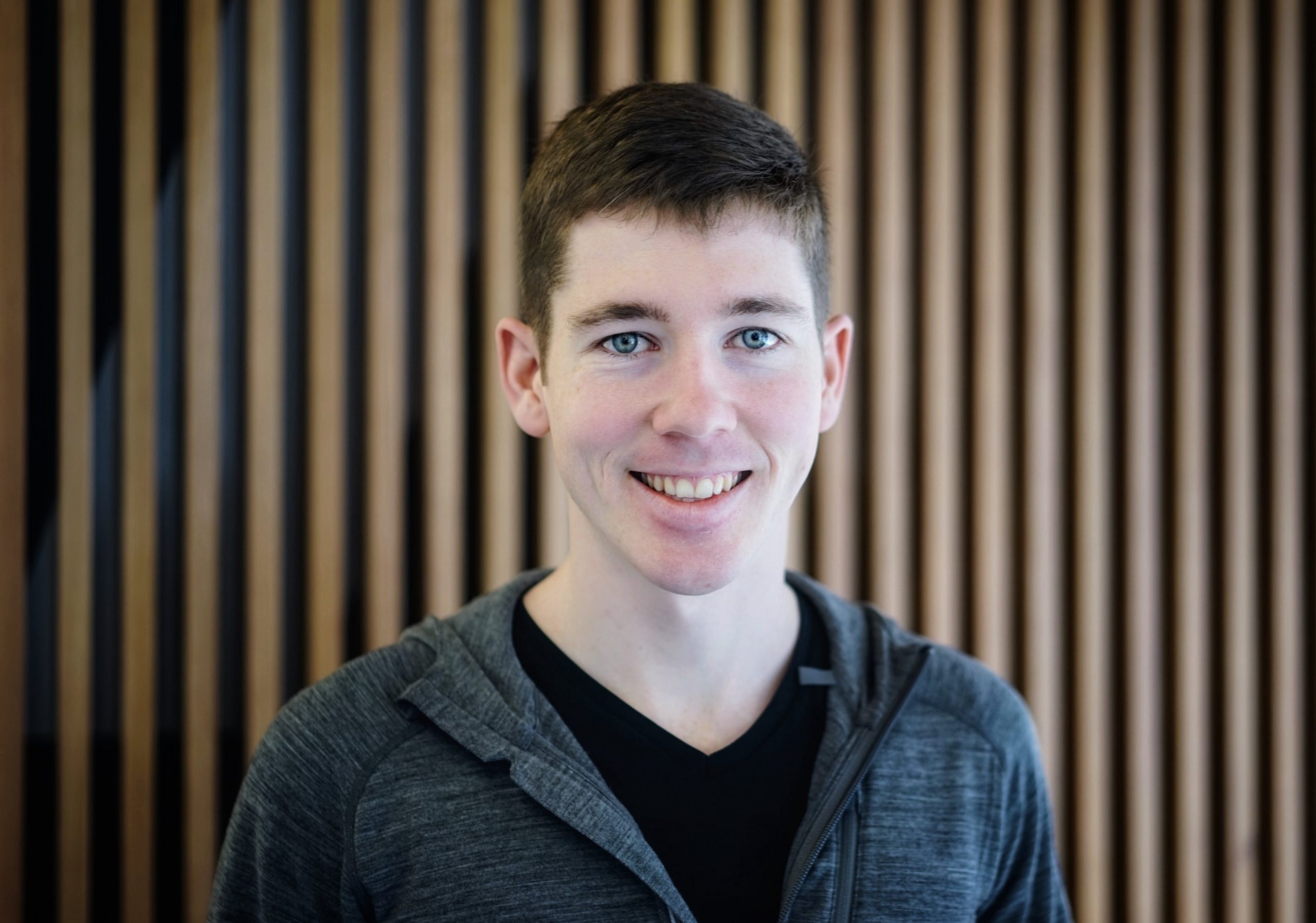Forward brings an entirely new perspective to primary care, changing the way people think about and manage their health. In this series, we’ll introduce you to our technology, explain our care philosophy, and talk to the inspiring doctors, engineers, and members who are helping us improve the system.

My goal since moving into the software world was to combine the power of software (small teams can have a big impact) with the promise of biology (people can be healthier, happier and more capable).
Last fall I wanted to act on this, so I said goodbye to Seattle to join Forward, a healthcare company creating a tech-infused primary care doctor’s office. The press is genuinely excited about our vision, and more importantly, our customers seem to genuinely love us. We’re having a real impact on people’s lives (in a non-cliché way), we’re solving some really challenging technical problems, and my teammates are some of the most dedicated, smart, humble, and friendly people I’ve met. I wanted to share some thoughts about why I like it so much here, so I’ll dive into some of my favorite aspects of the company.
Healthcare is a massive problem that needs fixing. In a world where everyone seems to be questioning the benefits of technology, healthcare is one area that is unambiguously good. The issues in the healthcare industry are ones technology is uniquely equipped to solve: improving health monitoring, organizing complex and messy data, building compelling products and experiences that delight customers, and so on. Healthcare currently sucks.
If Steve Jobs reimagined going to the doctor’s office, how much better would it be? How much more effective?
Anyone who has touched the healthcare system has felt the pain. Opaque billing, insane costs, long waiting times, inconvenient hours, narrowly considered diagnoses with no transparency, misaligned incentives, no personalization, mysterious and sometimes outdated advice, and a massive bias towards prescription or surgery. Despite (and because of) these shortcomings, healthcare costs the U.S. $3T per year. That’s 17% of GDP and more than the entire annual federal budget. This is bankrupting the country, it’s unethical, and it doesn’t have to be this way.

Why has the problem eluded major innovation so far? The short answer is that it’s a dauntingly hard problem that requires big risks, a lot of capital, and long-term commitment; there has been a lot of lower hanging fruit for tech to solve. Those that have tried have been presented with myriad possible paths. Some start with the consumer: the Fitbits, Apple Watches, and health tracking apps of the world. Others start from the services provider side, perhaps creating a new insurance company, a portal for employees to discover doctors, and so on. Some go for a pure technology approach, making a new deep learning algorithm to recognize cancer or Watson-like assistant to help with diagnosis. Apple has quietly started moving towards opening doctor’s offices themselves, and who knows what Amazon’s approach will be. There has been important progress on all of these fronts, and yet we’re far from a stepwise improvement to our healthcare system. Inevitably the products that exist outside of the healthcare system struggle to integrate, and those that attempt to replace a piece of the existing system become too bogged down to truly innovate.
The health universe consists of too many disparate parts, and it’s a poor experience for people to navigate between this doctor, that device, this genetic test, and that health app. Someone needs to take all of these pieces and integrate them into a single, great experience. The potential benefits of such a patient-centered, proactive, holistic care model, when deployed at scale, are essentially limitless. This is how Forward is approaching the problem, and this is a big reason why I joined. It’s massively ambitious to build the new technology, hire doctors and nurses, build clinics, and make everything work together seamlessly, but it’s also exactly the kind of big challenge that makes waking up every day exciting.
The iPhone integrated every aspect of the mobile phone and made a superior user experience; I believe the metaphor for Forward is appropriate.
So the impact potential is significant, but what about our ability to execute? The team is exceptional. Adrian, our founder/CEO, has a proven track record (he’s the founder of a Google-acquired AI startup and Sidewalk Labs), has incredible knowledge and intuition about everything involved in running a company from tech and design to strategy and marketing. He’s also a super inspiring leader, and one of the few people who I think could pull this off. Musk built up his experience and street cred with Paypal before tackling his electric vehicle moonshot; this is Adrian’s version with healthcare. Those on the engineering team hail from the top companies (Google/Palantir/early Uber especially) and schools, and are extremely mission-driven, hard working, super capable, and are people I genuinely enjoy spending time with.

One of my big goals coming in to Forward was to improve as a product-focused engineer, and there has been no shortage of learning opportunities. With a lean engineering team and high eng-to-PM ratio, there are plenty of chances to own big projects end to end. Our broad goal is to make the member experience as delightful and effective as possible, which means custom hardware and futuristic UIs to enable people to take control of their health, backend systems that make medical practitioners more effective and focused in delivering great care, and intelligent systems that make healthcare more precise, proactive and scalable. Along the way we’re combining thinking from the best doctors and engineers about how to truly make an impact on our members’ health. These opportunities, and this environment, means I’ve significantly upgraded my coding speed, code quality and product sense, all while making real contributions to shipped product, even in just four short months.
These are the type of learning and impact opportunities I craved at Microsoft (and the research world before that), and never really got. It feels a bit scary to leave the folds of a big company, with more stock vests just around the corner, but I think that optimizing for higher risk/reward, learning, and impact earlier on in your career is absolutely the right thing to do. I recently read a book about Netflix’s culture, and they’ve found that big, ambitious challenges and great, capable colleagues are all that really matters for job satisfaction. Having experienced this firsthand, I wholeheartedly agree.
— Noah MacCallum, software engineer at Forward
Interested in joining our team? Forward is hiring


